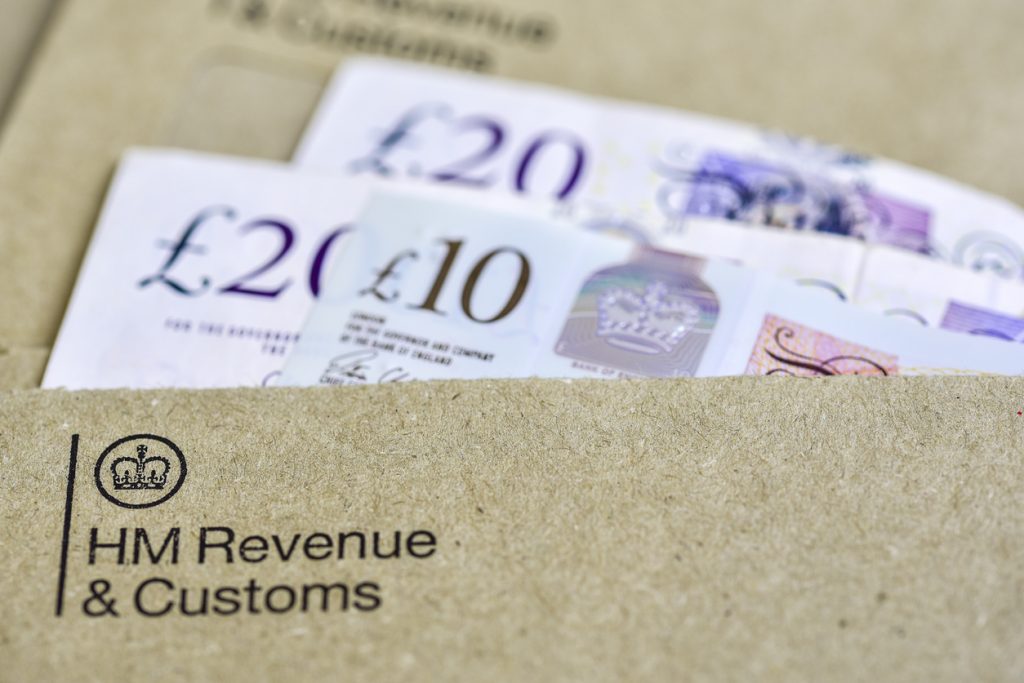Understand Your Rights. Solve Your Legal Problems


Even if you believe that everything is in order for your company, the prospect of the taxman scrutinising your finances is not a pleasant thought. However, there are steps that you can take to make the whole experience as painless as possible.
Whether you are facing an HMRC tax investigation or you are simply looking to protect yourself from the impact that one would have on your business, here we take a look at what you can do to prepare your organisation.
Under British tax laws, HMRC has the right to check your tax affairs at any point to ensure that you are paying tax correctly and following procedure accurately. If your business is selected to be investigated it does not necessarily mean that HMRC believes that you are doing something wrong – so it is simply a case of presenting what your business does and being as transparent with them as possible.
When selected, you will receive an official notification from HMRC could come in the form of a letter or a phone call. This notification will set out exactly what HMRC are interested in looking at, and this can include everything from the tax that your currently pay and your company tax return to your VAT records and accounts.
It is important to establish which type of investigation that you will be facing. HMRC conducts three different levels of investigation. Firstly, it could be a full enquiry in which HMRC will take an overview of your entire business records. These are usually carried out if HMRC believes there is a risk that you have made an error in your tax.
Secondly, you could be facing an aspect enquiry. These look into a specific part of your accounts – for example, inconsistencies in your business tax return. Thirdly, this could simply be a random check where your organisation has been selected to be investigated without having triggered any alert or concern.
It is a common misconception that income tax is the only aspect of tax that is scrutinised in a tax investigation. In fact, HMRC will take a close look at a wide range of issues during an investigation. These might include VAT, corporation tax, capital gains tax, and any form of tax that can be applied to businesses in the UK.
Business taxes can get complicated, and if you are dealing with a number of different tax issues, it is important that you are using powerful accounting software or skilled accountants in order to manage it correctly.
There are many reasons that your company might face a tax investigation. This makes it absolutely essential that you keep highly accurate records so that you always understand what tax you are paying.
If there are unusual tax records or discrepancies in your accounts, this can flag you up to HMRC as potentially having made an error. A common trigger is a tax return with noticeably incorrect figures, however, HMRC also uses advanced data mining tools to spot non-standard activities associated with businesses.






